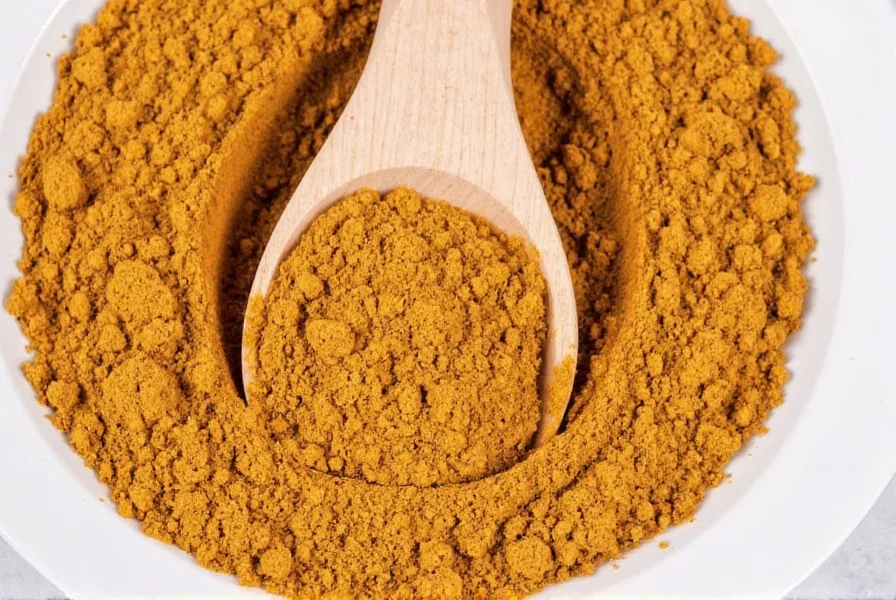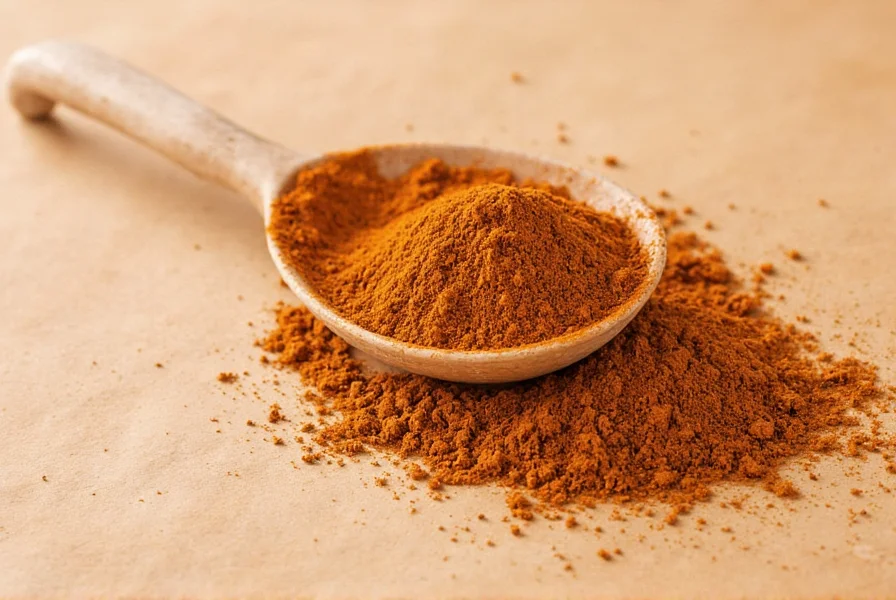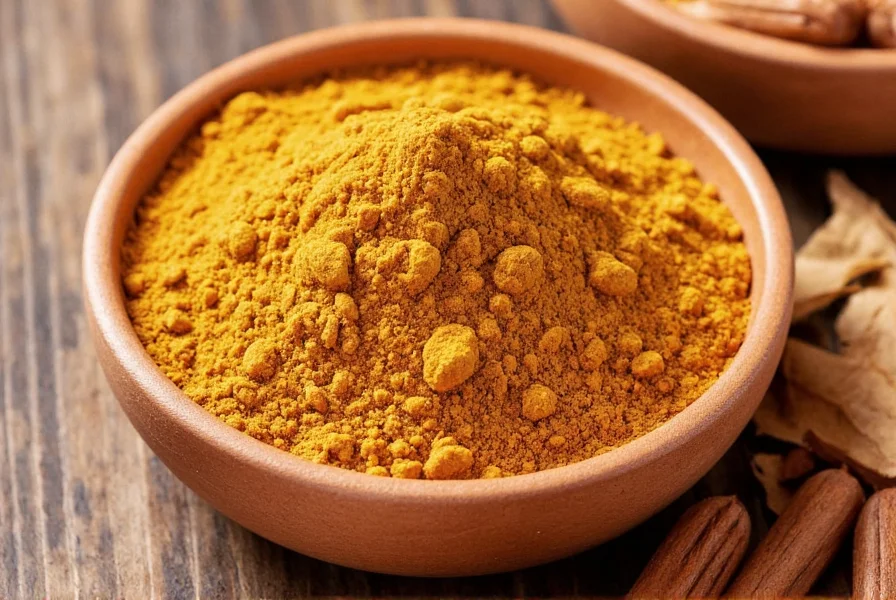Cumin powder, derived from ground cumin seeds, has been used for centuries in traditional medicine and global cuisines. Modern research validates many of these traditional uses, revealing scientifically supported health advantages that make this spice valuable beyond its distinctive flavor profile. Unlike many trending superfoods with exaggerated claims, cumin powder's benefits are well-documented in peer-reviewed studies while remaining accessible and affordable for everyday use.
Science-Backed Health Benefits of Cumin Powder
Multiple clinical studies have examined cumin's therapeutic properties. A 2020 review published in Molecules analyzed 45 studies on cumin's pharmacological effects, confirming its digestive, antioxidant, and metabolic benefits. Unlike many herbal supplements that make unsupported claims, cumin's advantages are demonstrated through rigorous scientific investigation.

Digestive Health Enhancement
Cumin powder stimulates digestive enzyme secretion, particularly trypsin and amylase, which break down proteins and carbohydrates. Research in the Journal of Ethnopharmacology found that participants consuming 300mg of cumin extract daily experienced significantly reduced symptoms of indigestion compared to placebo. The spice's carminative properties help reduce bloating and gas formation, making it particularly valuable for those with occasional digestive discomfort.
Powerful Antioxidant Protection
Cumin contains cuminaldehyde, terpenes, and phenolic compounds that combat oxidative stress. A comparative analysis in Food Chemistry ranked cumin among the top 10 spices for antioxidant capacity. Regular consumption helps protect cells from free radical damage, potentially reducing long-term risk of chronic diseases. The antioxidant effects are particularly pronounced when cumin is combined with other spices like turmeric in traditional spice blends.
Blood Sugar Regulation
Several clinical trials demonstrate cumin's potential for supporting healthy blood glucose levels. A 12-week study with 80 participants published in Nutrition Research found that those consuming 1g of cumin powder daily showed significant improvements in fasting blood sugar and insulin sensitivity compared to the control group. While not a replacement for diabetes medication, cumin can be a valuable dietary component for metabolic health.
Iron-Rich Nutrition Source
With approximately 66mg of iron per 100g, cumin powder ranks among the most iron-dense plant foods. Just one teaspoon (2g) provides about 1.3mg of iron, contributing significantly to daily requirements. This makes cumin particularly valuable for vegetarians and those at risk of iron deficiency. The spice's vitamin C content enhances iron absorption when consumed with plant-based iron sources.
| Nutrient | Amount per Teaspoon (2g) | % Daily Value |
|---|---|---|
| Iron | 1.3mg | 7% |
| Manganese | 0.1mg | 5% |
| Magnesium | 5mg | 1% |
| Calcium | 18mg | 1% |
Practical Applications in Daily Nutrition
Culinary Integration Techniques
Maximizing cumin's benefits requires proper culinary handling. Dry-roasting whole seeds before grinding preserves volatile oils better than pre-ground powder. For optimal flavor and nutrient retention, add cumin toward the end of cooking rather than at the beginning. The spice pairs exceptionally well with legumes, enhancing both flavor and digestibility of beans and lentils.
Dosage Considerations for Health Benefits
Research suggests effective daily amounts range from 300mg to 1g of cumin powder for therapeutic benefits, equivalent to 1/4 to 1/2 teaspoon. Culinary use typically involves 1/2 to 1 teaspoon per serving. Unlike some supplements that require precise dosing, cumin is safe at typical culinary amounts. Consuming more than 2 teaspoons daily may cause digestive upset in sensitive individuals.

Safety Profile and Considerations
Cumin powder is generally recognized as safe when consumed in food amounts. Some individuals may experience heartburn or allergic reactions, particularly those with existing spice allergies. People taking blood-thinning medications should monitor intake as cumin contains coumarin compounds. Pregnant women can safely consume cumin in culinary amounts, though therapeutic doses should be discussed with a healthcare provider.
Unlike many trending health supplements with questionable safety profiles, cumin has been safely consumed across cultures for millennia. Its GRAS (Generally Recognized As Safe) status by the FDA reflects this long history of safe use. When selecting cumin powder, choose dark glass containers or opaque packaging to protect the spice from light degradation of its active compounds.
Comparative Analysis with Other Spices
While cumin shares some properties with other spices, its specific combination of benefits makes it unique. Compared to turmeric, cumin offers stronger digestive benefits but less potent anti-inflammatory effects. Unlike ginger, which primarily aids digestion through different mechanisms, cumin works synergistically with other spices to enhance overall digestive function. Cumin seeds versus powder offers similar benefits, though powder provides more immediate flavor release while seeds maintain potency longer in storage.
Frequently Asked Questions
What are the digestive benefits of cumin powder compared to other spices?
Cumin powder specifically stimulates pancreatic enzyme secretion more effectively than many common spices. Research shows it increases trypsin activity by 30% compared to baseline, while also relaxing intestinal muscles to reduce cramping. Unlike ginger which primarily affects gastric emptying, cumin works throughout the digestive tract, making it particularly effective for bloating and gas relief when consumed with bean dishes.
How much cumin powder should I consume daily for health benefits?
For general health maintenance, 1/2 to 1 teaspoon of cumin powder daily provides significant benefits without risk of side effects. Clinical studies showing blood sugar improvements used 1g (approximately 1/2 teaspoon) daily. For digestive support, adding 1/4 to 1/2 teaspoon to meals containing legumes or heavy proteins is effective. Consuming more than 2 teaspoons daily may cause heartburn in sensitive individuals.
Can cumin powder help with iron deficiency?
Yes, cumin powder is an excellent plant-based iron source, containing 66mg of iron per 100g. One teaspoon (2g) provides approximately 1.3mg of iron, which is 7% of the daily value. When combined with vitamin C-rich foods like tomatoes or citrus, iron absorption increases significantly. While not a replacement for iron supplements in severe deficiency, regular culinary use can help maintain healthy iron levels, particularly for vegetarians and those with marginal deficiency.
Does cumin powder lose its benefits when cooked?
Cumin retains most of its beneficial compounds when cooked properly. The key antioxidant compounds remain stable at typical cooking temperatures. For maximum benefit, add cumin toward the end of cooking rather than at the beginning. Dry-roasting whole seeds before grinding preserves more volatile oils than using pre-ground powder. Studies show that even after 30 minutes of simmering, cumin retains over 80% of its antioxidant capacity when added to dishes like curries and stews.
How does cumin powder compare to cumin seeds in terms of health benefits?
Cumin powder and seeds contain identical beneficial compounds, but differ in bioavailability and shelf life. Powder provides immediate release of compounds, making benefits available more quickly. Seeds maintain potency longer (up to 2 years vs 6 months for powder) but require grinding for optimal absorption. Studies measuring blood levels of cumin's active compounds show similar absorption whether consumed as seeds or powder, though powder offers more consistent dosing in culinary applications.











 浙公网安备
33010002000092号
浙公网安备
33010002000092号 浙B2-20120091-4
浙B2-20120091-4